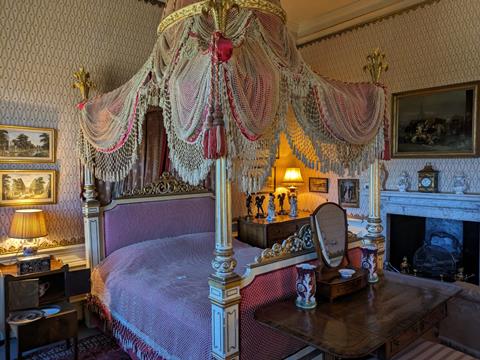Obiter has long wondered about the official recognition retirees receive for the sort of long service that dominated work and family life. Put simply, does it always have to be a watch?
The answer, which is ‘no, Obiter, it doesn’t’, has been around for a while, it turns out. We are thinking here of Philip Yorke, 1st Earl of Hardwicke, lord chancellor and close confident of prime minister the Duke of Newcastle.
Born in 1690, a child of the Glorious Revolution (ish), he was called to the bar in 1715, after which his progress was rapid. He transferred his practice from the King’s Bench to the Court of Chancery, making his name in a case that interested Robert Walpole’s family. He was elected to parliament in 1719 (for Lewes) and made solicitor general in 1720.
He was attorney general, lord chief justice (moving to the Lords in 1733), and lord chancellor (1737-1756).
It was his marriage to wealthy widow Margaret Lygon that enabled him to purchase a stately home in Cambridgeshire – Wimpole Hall, now a jewel in the National Trust’s housing portfolio. The room now known as ‘the Lord Chancellor’s bedroom’, didn’t exist in Phil’s time - the result of later remodelling of the house by Soane.
But, and here Obiter leans on a briefing by a National Trust volunteer on duty at the weekend, the room does contain a bed given to Phil in recognition of his long years of public service. ‘He didn’t get a watch,’ she observed, ‘but he did get this.’
Hardwicke is survived by his celebrated distinction between the principles of ‘law’ and ‘equity’; and a less celebrated 1729 opinion on slavery.
































1 Reader's comment